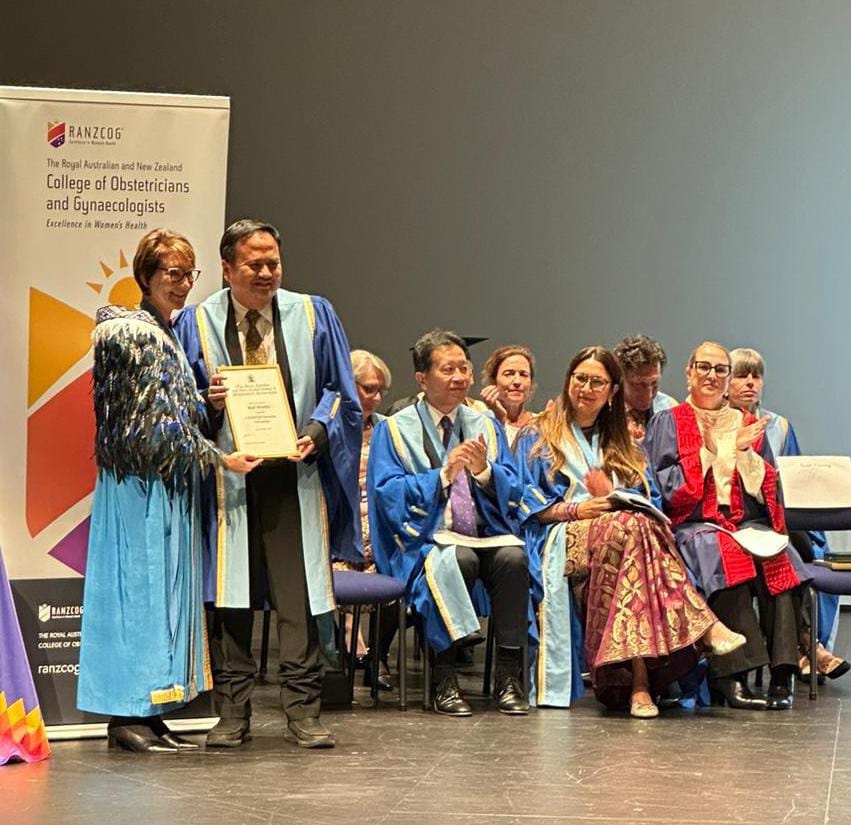Lecturer of Physical Geography, Faculty of Mathematics and Natural Sciences (FMIPA), Universitas Indonesia (UI), Assoc. Prof. Dr. Drs. Mangapul Parlindungan Tambunan, M.Si., revealed that one aspect of mitigation to overcome the impacts of climate change is sustainable city governance planning. According to him, city governance management can help reduce carbon emissions, increase disaster resilience, and maintain healthy environmental quality. “With the right policies and city governance that focuses on sustainability, cities can become more resilient to the impacts of climate change while creating a healthier environment for their residents,” said Dr. Mangapul.
One of the strategies he proposed is the implementation of green infrastructure design, an approach that integrates natural elements with urban infrastructure. He argued that city governance planning can involve several methods, namely the use of green roofs and walls, sustainable transportation, community participation in maintaining green infrastructure, expanding and utilizing green open spaces, restoring natural ecosystems in urban areas, energy efficiency and conservation, and sustainable drainage systems.
On the other hand, Dr. Mangapul highlighted the importance of water management and flood mitigation in dealing with extreme temperatures through a holistic approach. With climate change, extreme temperatures often cause two opposing conditions, namely increasingly intense rainy seasons that can increase the risk of flooding, as well as extreme dry seasons that can cause drought or water shortages.
“Therefore, we can all integrate adaptive sustainable drainage systems with the utilization and storage of rainwater so that it can increase groundwater absorption, and cool the surface temperature of the land and air,” he said. Dr. Mangapul added that flood mitigation can also be strengthened through the management of reservoirs and dams with regular water release systems to create early warning technology and risk mapping.
Currently, Indonesia is adopting sustainable transportation to reduce air pollution and dependence on fossil fuel vehicles. Policies have been used by various cities such as smart city technology, integration of application-based transportation and vehicle sharing systems, development of bicycle lanes and sidewalks, use of electric vehicles, regulation of low emission zones, and Transit-Oriented Development (TOD).
Not only green infrastructure and sustainable transportation, green open spaces (RTH) also have an important role in reducing temperatures and absorbing CO₂ in urban areas. RTH functions as a natural element that helps create a cooler, cleaner, and more resilient city environment to extreme weather. This can support the sustainability and comfort of urban living in the face of climate change.
Dr. Mangapul emphasized that society has an important role in efforts to deal with climate change, especially through simple steps that can be taken at the household level. For example, saving energy, reducing water consumption, managing waste by recycling, reducing food waste, and choosing and using environmentally friendly products.
“Small changes that are made consistently in everyday life, from energy and water management to product selection, can have a big impact in supporting global efforts to mitigate the risks of climate change,” he said.



